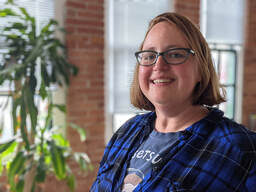 Listen to the episode by clicking the link to your preferred podcast platform below: On the show this week, I am talking with Dr. Sara Frost, optimist, scholar, and program operations manager for a non-profit. We are discussing what being an optimist means, the mindset shift needed to remain optimistic when faced with challenges, and why play-makers are so important for children. Playmakers Make Learning Special A “Playmaker” is a teacher who builds life changing relationships with kids and who helps them shine. Dr. Frost says that her big dream grounded in the critique of injustice is getting to a place where every single child has access to a high quality education. This includes providing them with the right tools and a Playmaker to help them accomplish their dreams. In addition, organizational leaders have a responsibility to promote optimism whenever possible because optimism is a magic ingredient that drives positive results. “If we have an environment where people feel like they can be optimistic, both the organization and the employees can benefit.” If you’re wondering where to find these people called “playmakers”, you won’t have to go far. Any coach, childhood education professional, teacher, or anyone else that works with kids can be a playmaker. We all have the potential to give children an environment that helps them feel empowered and ready to learn valuable skills. Don’t forget that optimism is what distinguishes these individuals as a true playmaker. To be a more optimistic person, there’s a certain reframing that needs to happen within. We need to start looking at the glass as half full even when things aren’t perfect. “Creating a world where optimists and optimism can exist is practicing that reframe. We should question, get curious, and think about how we can turn “I can’t” into “I can”.” Toxic Positivity vs Optimism Toxic positivity is something that can get mixed up in the thoughts around what it means to be more optimistic. Toxic positivity is the belief that no matter how dire or difficult a situation is, people should maintain a positive mindset. This approach will invalid the full spectrum of human emotions and experience. But optimism itself is the ability to see, feel, and focus on the good in yourself, in others, and in the world around you regardless of the circumstances. Optimism doesn’t want you to overlook the hard things. You need to acknowledge that they’re there in order to think about how to overcome them. So recognize the obstacles, allow yourself to feel whatever emotions come through, and then find the good. Focus on what you can change or control. One of the ways in which everyone was challenged mentally and emotionally recently was the start of COVID last year. 2020 was a difficult year for so many of us. There was a lot of fear, anxiety, trauma, and grief as this virus impacted families and took lives. Not to mention, indoor quarantining was a drastic change in our routines. The fear is still there as we attempt to open things up. Just remember that taking care of your body, mind, and spirit will make all the difference when wanting to stay optimistic. Be sure to make optimism a practice not just an idea or a wish. Practice putting a new lens on the situations or thoughts coming up. It gets easier the more you do it. In addition to the free "Get to Good" worksheet shared below, Life is Good Playmakers is offering a discount for listeners to get $10 off the Playmaker 101 course. Use the code: TEACHERSHIP21. Continue the conversation below in the comment section and join our community of educational visionaries on Instagram, LinkedIn, and Facebook. Until next time leaders, continue to think big, act brave, and be your best self.
1 Comment
|
Details
For transcripts of episodes (and the option to search for terms in transcripts), click here!
Time for Teachership is now a proud member of the...AuthorLindsay Lyons (she/her) is an educational justice coach who works with teachers and school leaders to inspire educational innovation for racial and gender justice, design curricula grounded in student voice, and build capacity for shared leadership. Lindsay taught in NYC public schools, holds a PhD in Leadership and Change, and is the founder of the educational blog and podcast, Time for Teachership. Archives
May 2024
Categories |
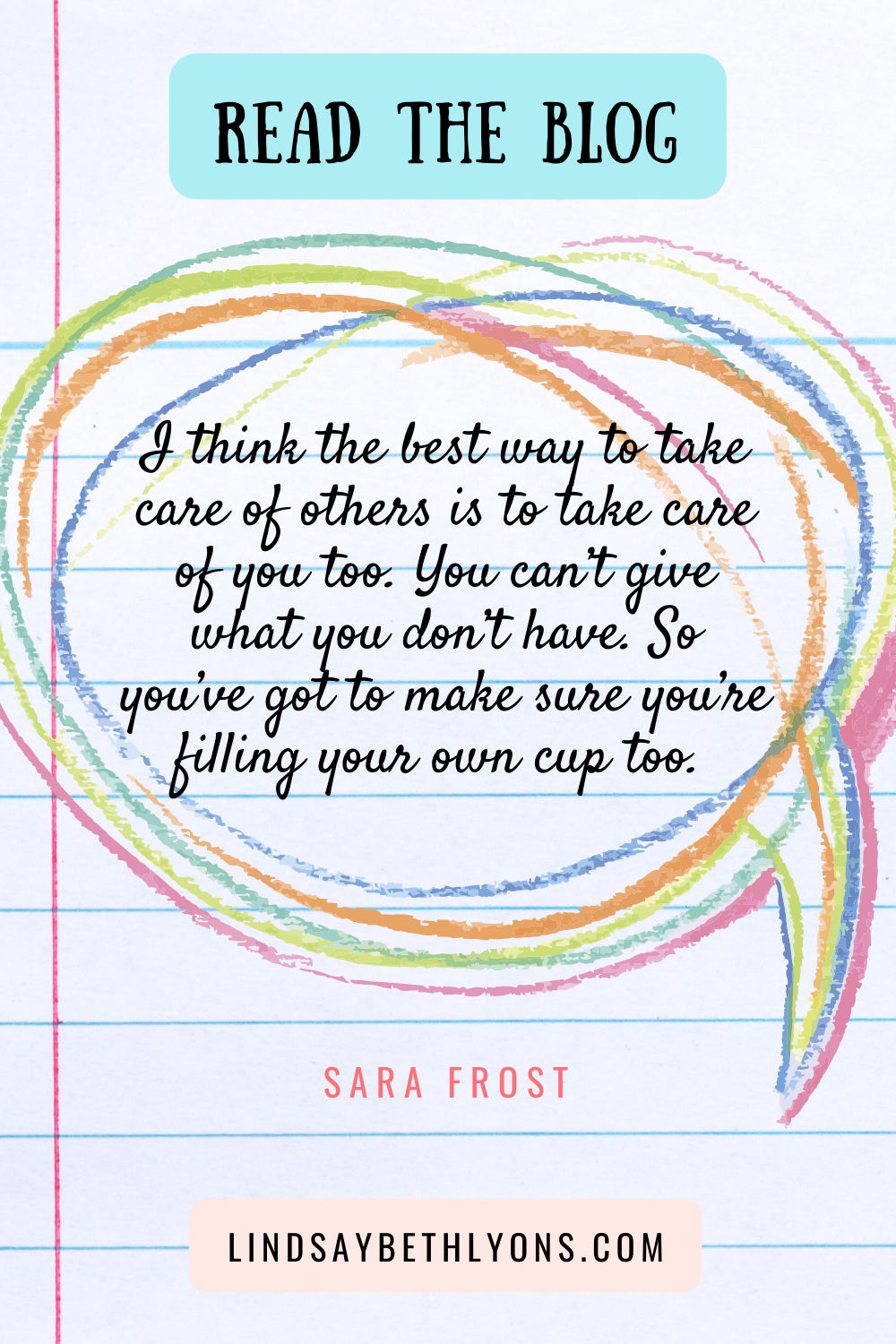
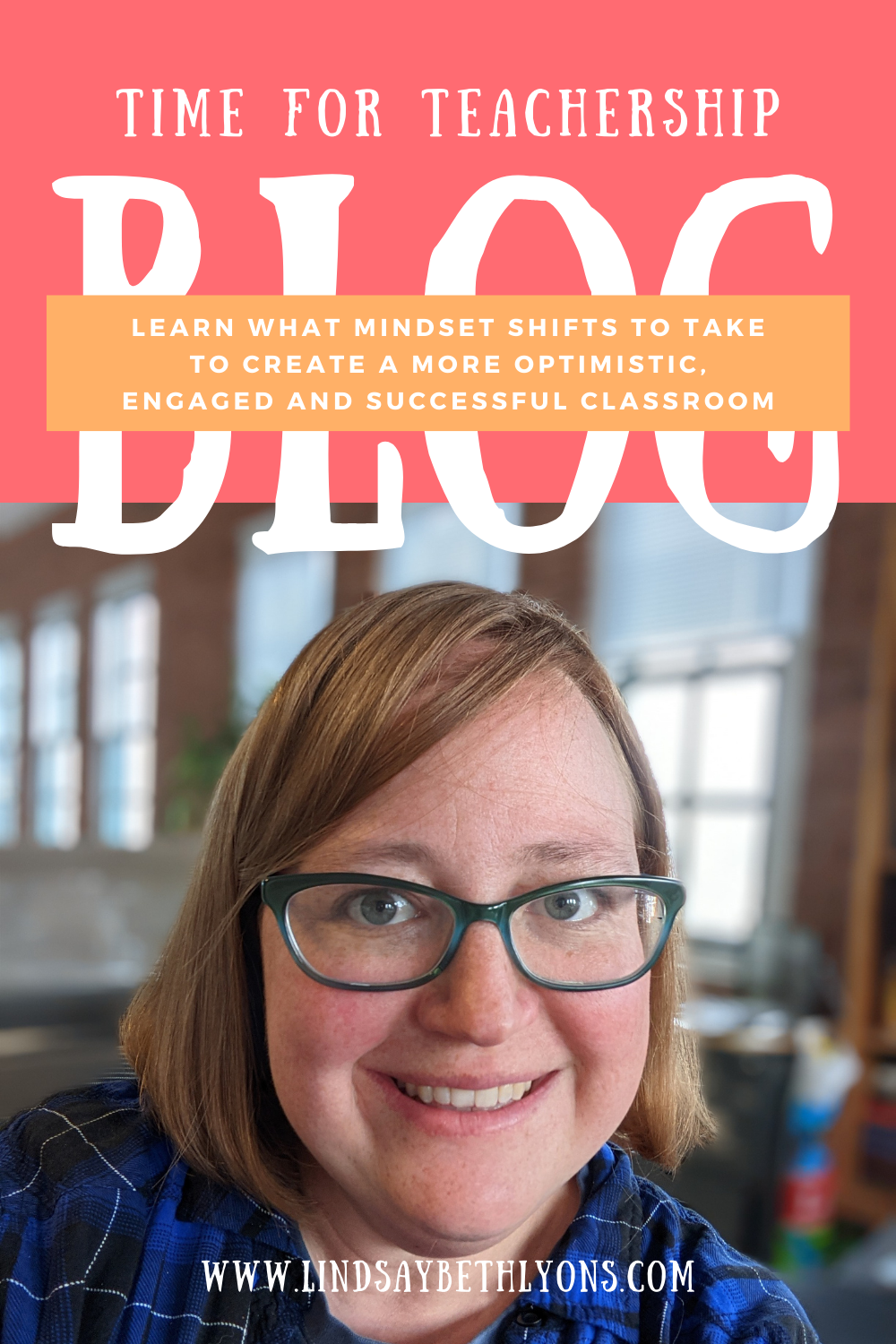
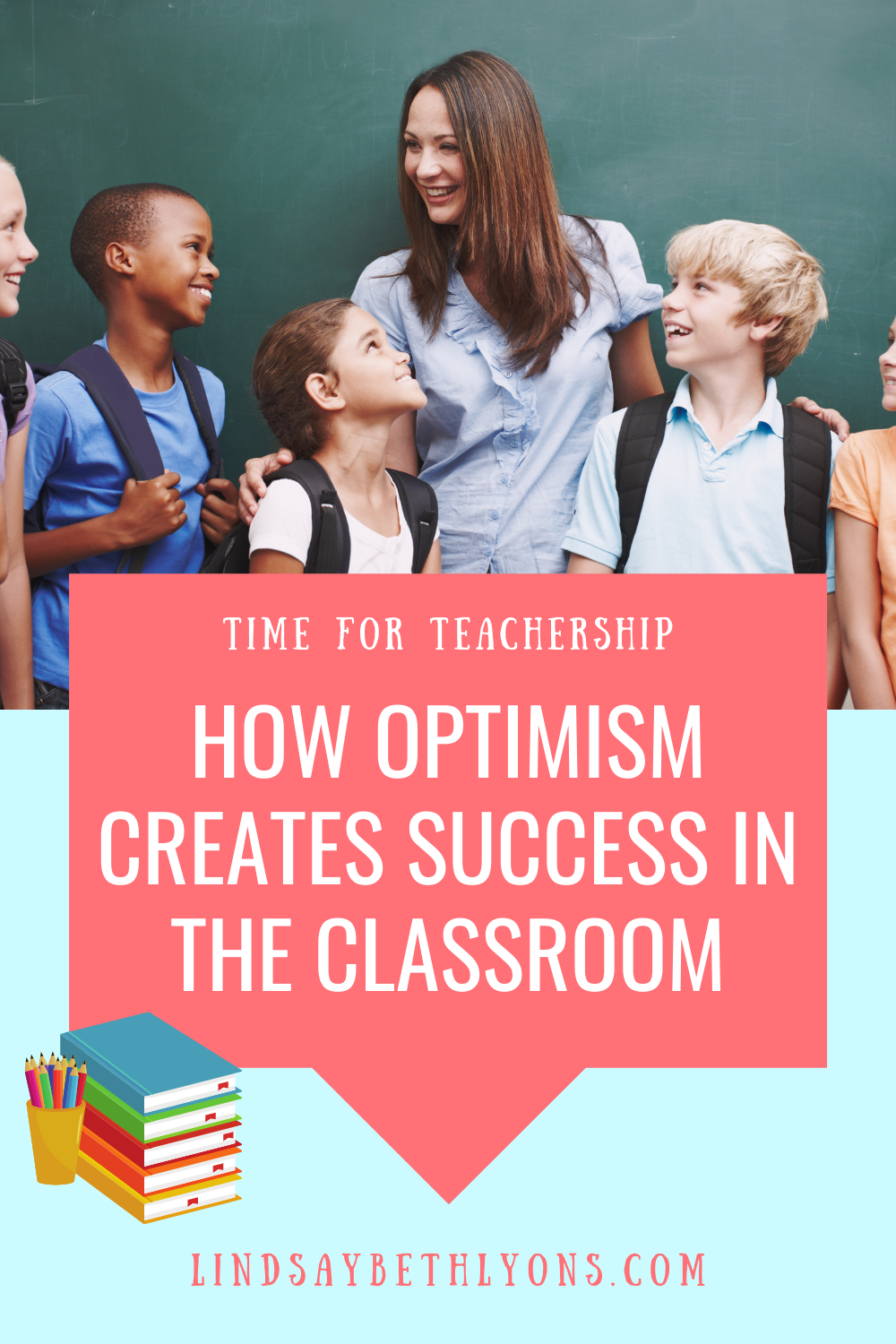
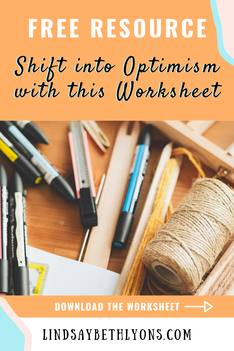

 RSS Feed
RSS Feed